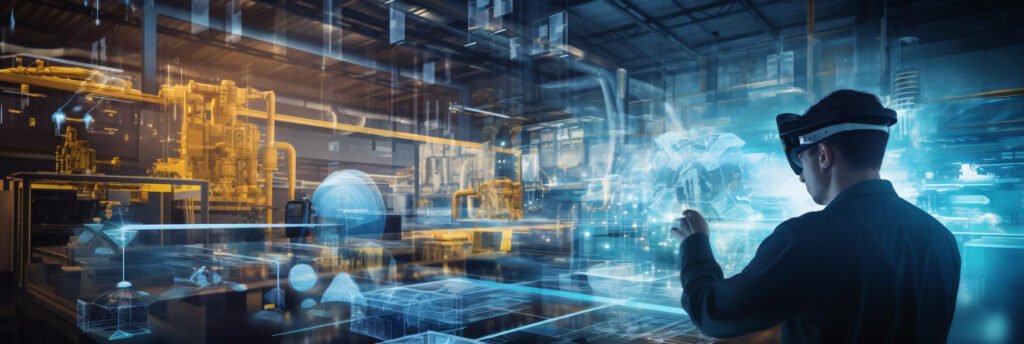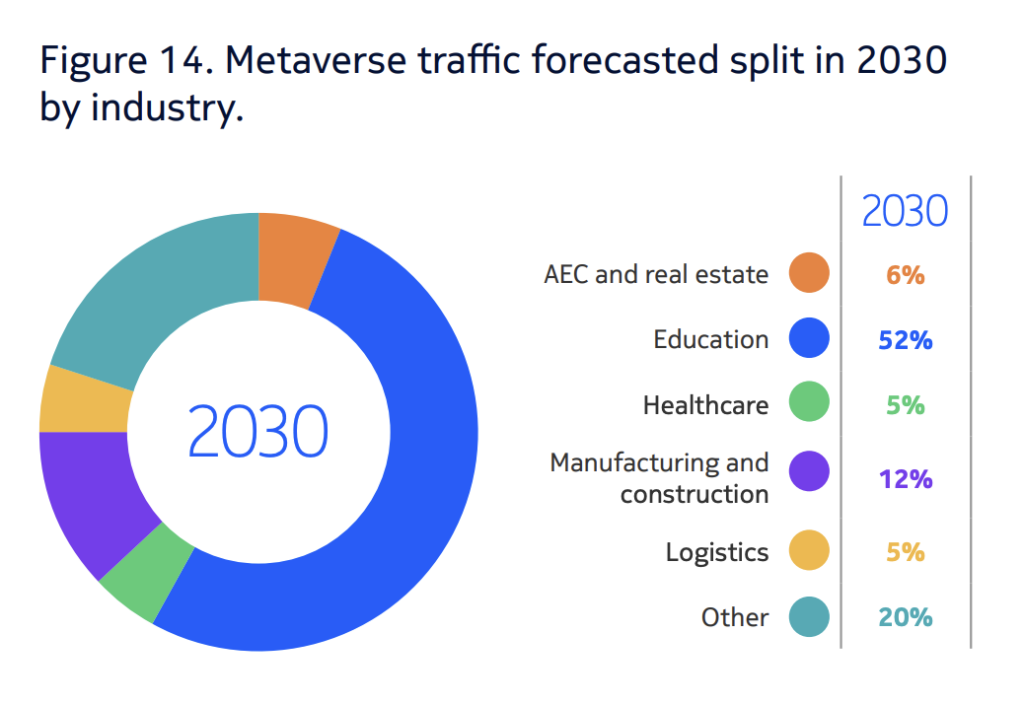Nokia is positioning itself at the forefront of technological evolution, preparing for a significant increase in network demand by 2030, driven by the rapid growth of the metaverse, Web3, and AI. The company’s Technology Strategy 2030 report outlines a plan to enhance network infrastructure and services to meet this expected surge.
Strategic Investments for Future Technologies
At the core of Nokia’s future-focused strategy is a substantial investment in network technologies essential for navigating the expanding realms of the metaverse and beyond. In view of this, the company anticipates a 22%–25% rise in network demand from 2022 to 2030, primarily due to the widespread adoption of generative AI and virtual reality devices.

Nokia’s plan includes a robust investment in its network equipment and services portfolio to support the developing ecosystems of the Internet of Value, decentralization, blockchain, and smart contracts. Additionally, special attention is given to metaverse opportunities, focusing on human augmentation, spatial computing, and split processing. To advance these efforts, Nokia has established two labs dedicated to exploring the metaverse and its foundational technologies.
Pioneering Experiments and the Industrial Metaverse
Nokia’s engagement with the metaverse extends to practical experiments and initiatives. One notable project involves using a 5G-connected Microsoft HoloLens for remote aircraft maintenance instructions. This demonstrates augmented reality’s potential to support technicians in remote locations.
The company’s focus stretches beyond immediate technological advancements to a broader vision of digital transformation. Nokia’s Technology Strategy 2030 report identifies AI, cloud computing, the metaverse, the Internet of Value, Industry 5.0, and API networks as pivotal trends shaping the future of connectivity.

The Impact on Supply Chains and Manufacturing
By 2030, the expansion of connected devices will notably drive metaverse adoption. This will happen across consumer, enterprise, and industrial sectors. Consequently, the technological leap aims to transform supply chains and manufacturing processes. It will facilitate real-time interactions and efficient supply planning. Furthermore, the metaverse promises to revolutionize manufacturing operations. This includes impacts on design, testing, real-time monitoring, and remote maintenance.
The industrial metaverse, in particular, is experiencing rapid growth, with sales reaching US$ 61.8 billion in 2022. Forecasts predict a compound annual growth rate (CAGR) of 25.3% from 2023 to 2033, indicating a shift towards integrating metaverse technologies in industries like car manufacturing. Furthermore, this integration should fuel innovation, expecting the Industrial Metaverse Market to grow from US$ 80.1 billion in 2023 to an astonishing US$ 765.8 billion by 2033.




